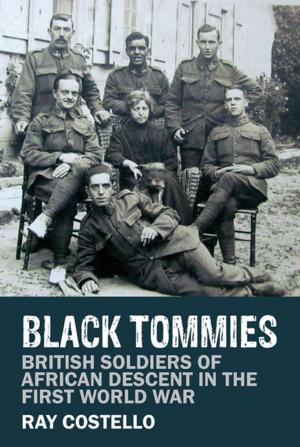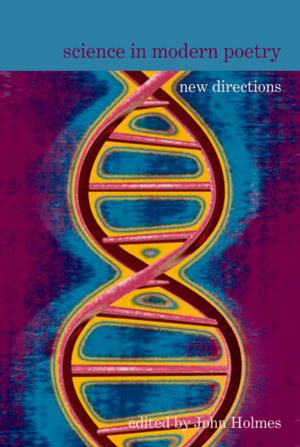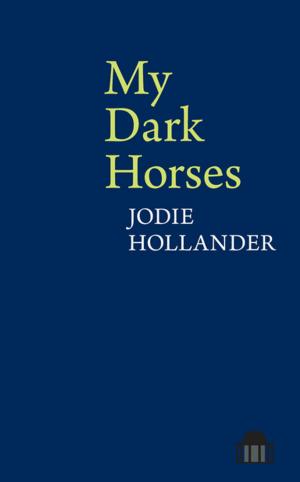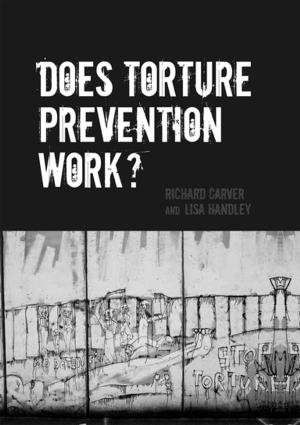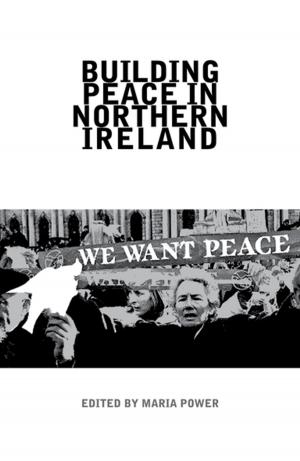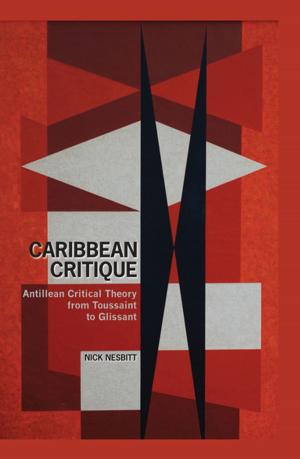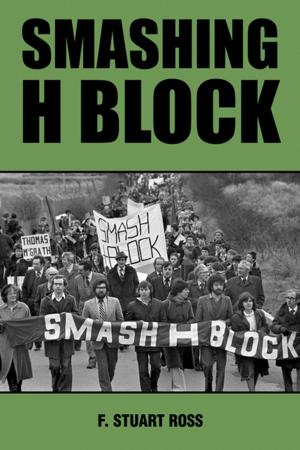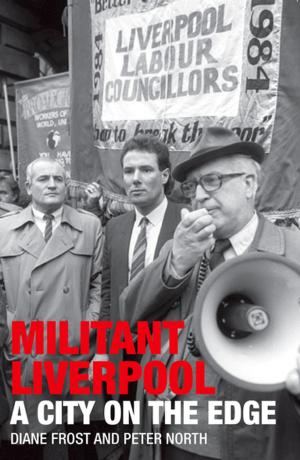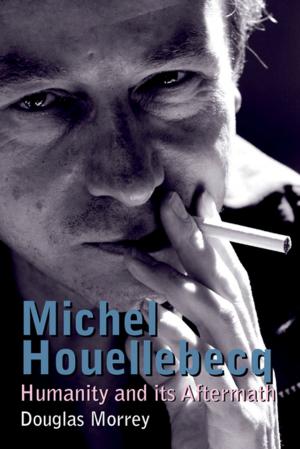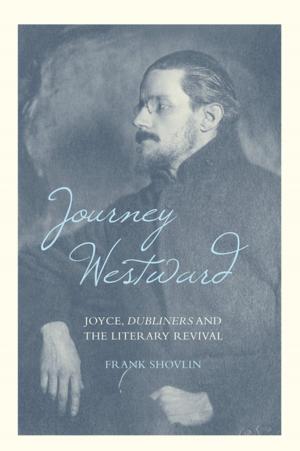Zachary Macaulay 1768-1838
The Steadfast Scot in the British Anti-Slavery Movement
Nonfiction, Social & Cultural Studies, Social Science, Discrimination & Race Relations| Author: | Iain Whyte | ISBN: | 9781781388891 |
| Publisher: | Liverpool University Press | Publication: | October 3, 2011 |
| Imprint: | Liverpool University Press | Language: | English |
| Author: | Iain Whyte |
| ISBN: | 9781781388891 |
| Publisher: | Liverpool University Press |
| Publication: | October 3, 2011 |
| Imprint: | Liverpool University Press |
| Language: | English |
In 1833 Thomas Fowell Buxton, the parliamentary successor to William Wilberforce, proposed a toast to 'the anti-slavery tutor of us all. - Mr. Macaulay.' Yet Zachary Macaulay's considerable contribution to the ending of slavery in the British Empire has received scant recognition by historians. This book seeks to fill that gap, focussing on his involvement with slavery and anti-slavery but also examining the people and events that influenced him in his life's work. It traces his Scottish roots and his torrid account of years as a young overseer on a Jamaican plantation. His accidental stumbling into the anti-slavery circle through a family marriage led to formative years in the government of the free colony of Sierra Leone dealing with settlers, slave traders, local chiefs and a French invasion. His return to Britain in 1799 began nearly forty years of research, writing, and reporting in the long campaign to get rid of what he described as 'this foul stain on the nation.' James Stephen rated him as
In 1833 Thomas Fowell Buxton, the parliamentary successor to William Wilberforce, proposed a toast to 'the anti-slavery tutor of us all. - Mr. Macaulay.' Yet Zachary Macaulay's considerable contribution to the ending of slavery in the British Empire has received scant recognition by historians. This book seeks to fill that gap, focussing on his involvement with slavery and anti-slavery but also examining the people and events that influenced him in his life's work. It traces his Scottish roots and his torrid account of years as a young overseer on a Jamaican plantation. His accidental stumbling into the anti-slavery circle through a family marriage led to formative years in the government of the free colony of Sierra Leone dealing with settlers, slave traders, local chiefs and a French invasion. His return to Britain in 1799 began nearly forty years of research, writing, and reporting in the long campaign to get rid of what he described as 'this foul stain on the nation.' James Stephen rated him as

